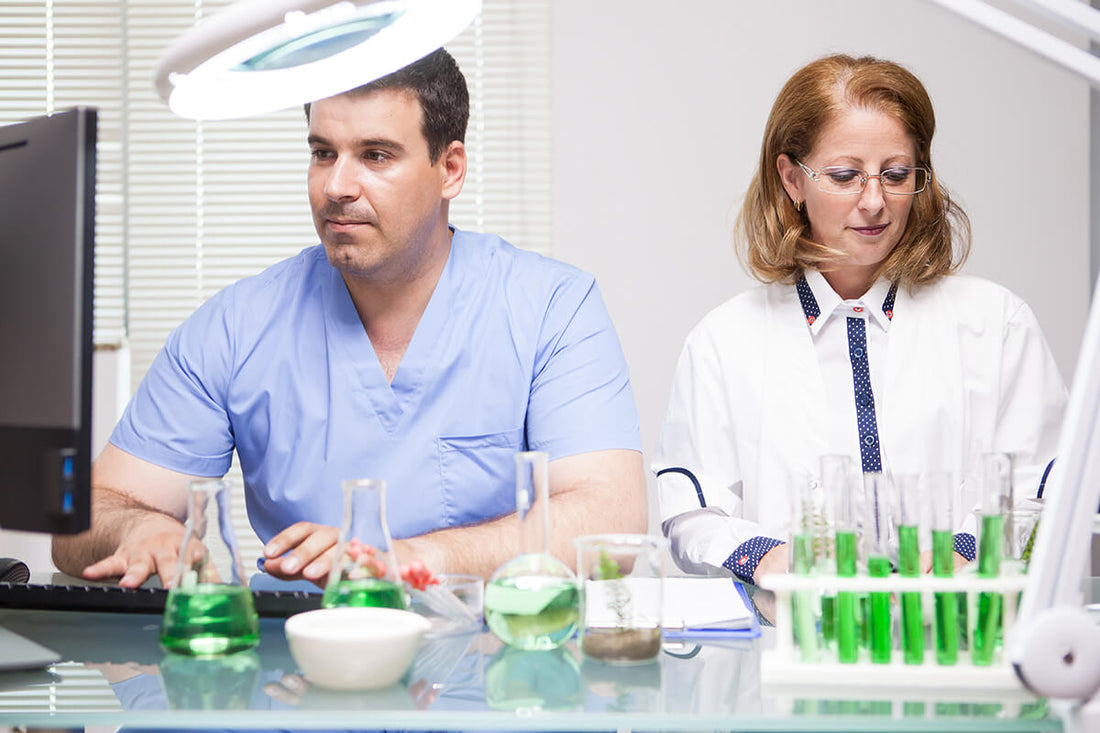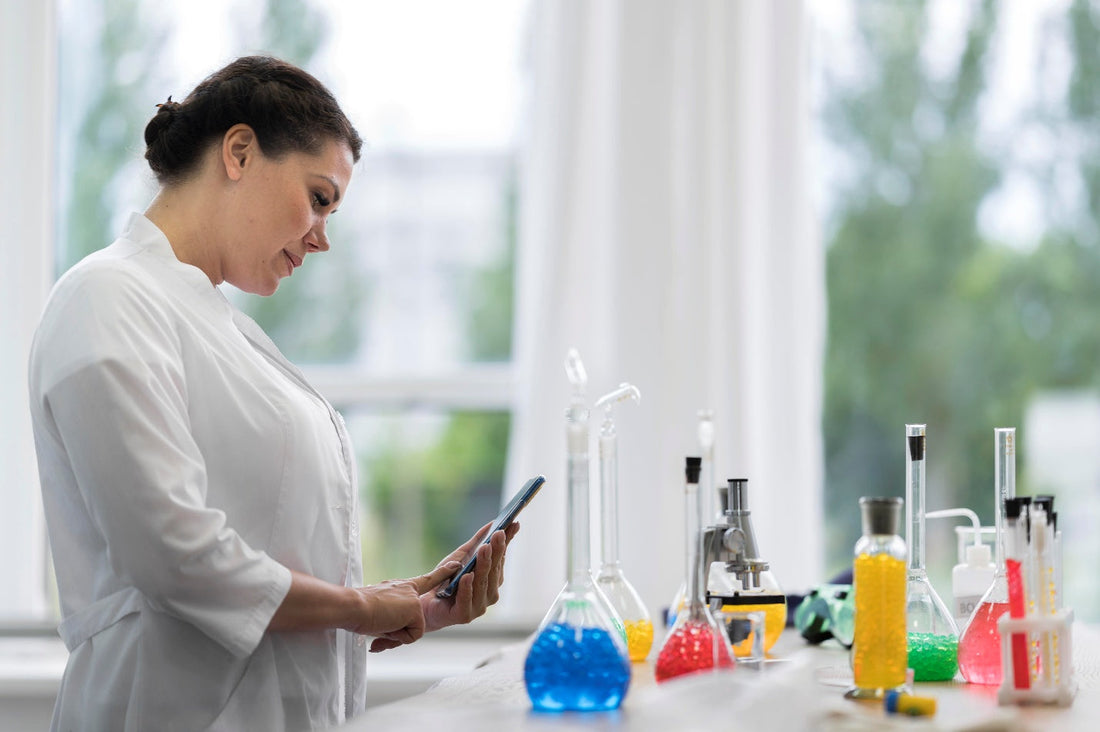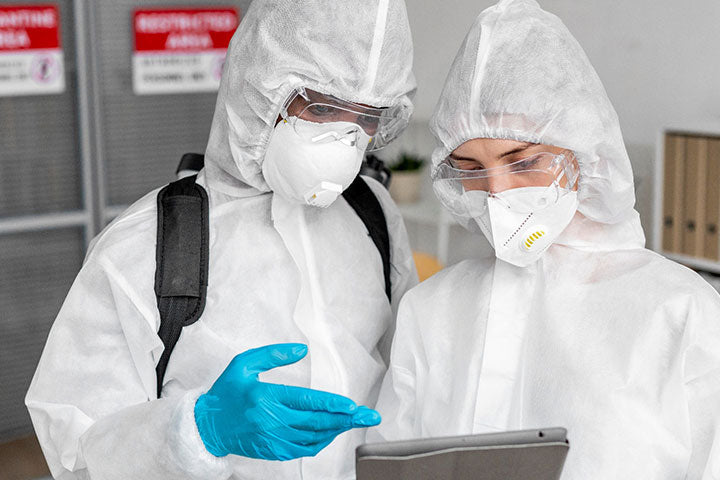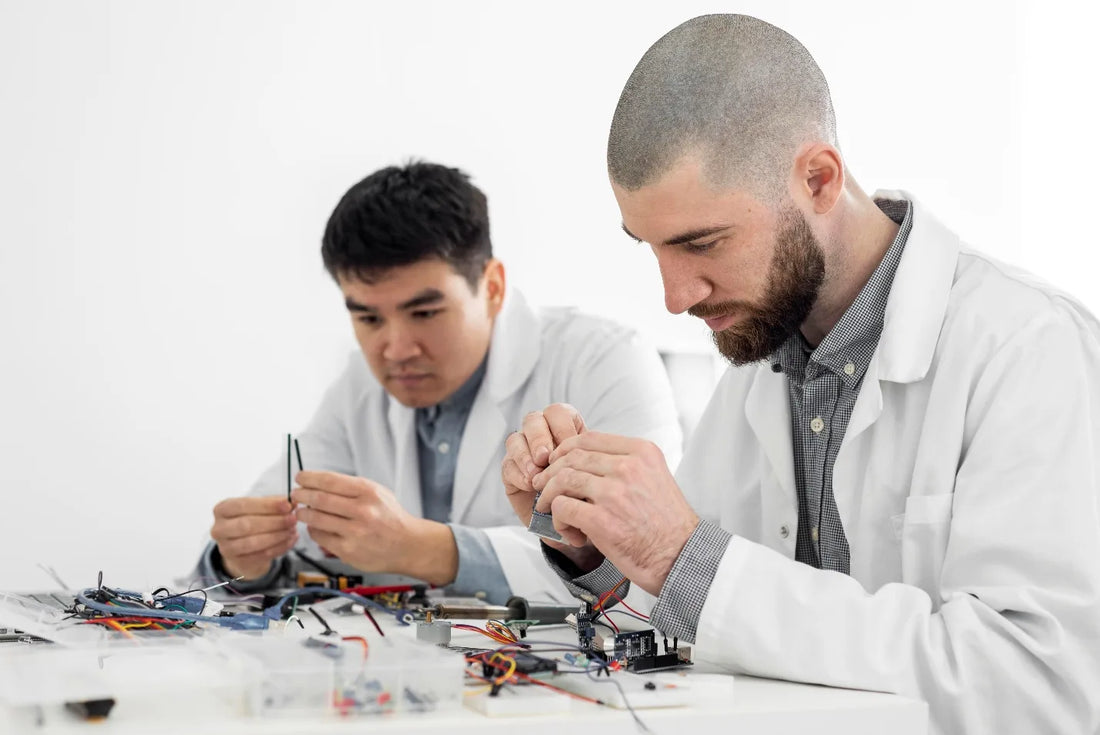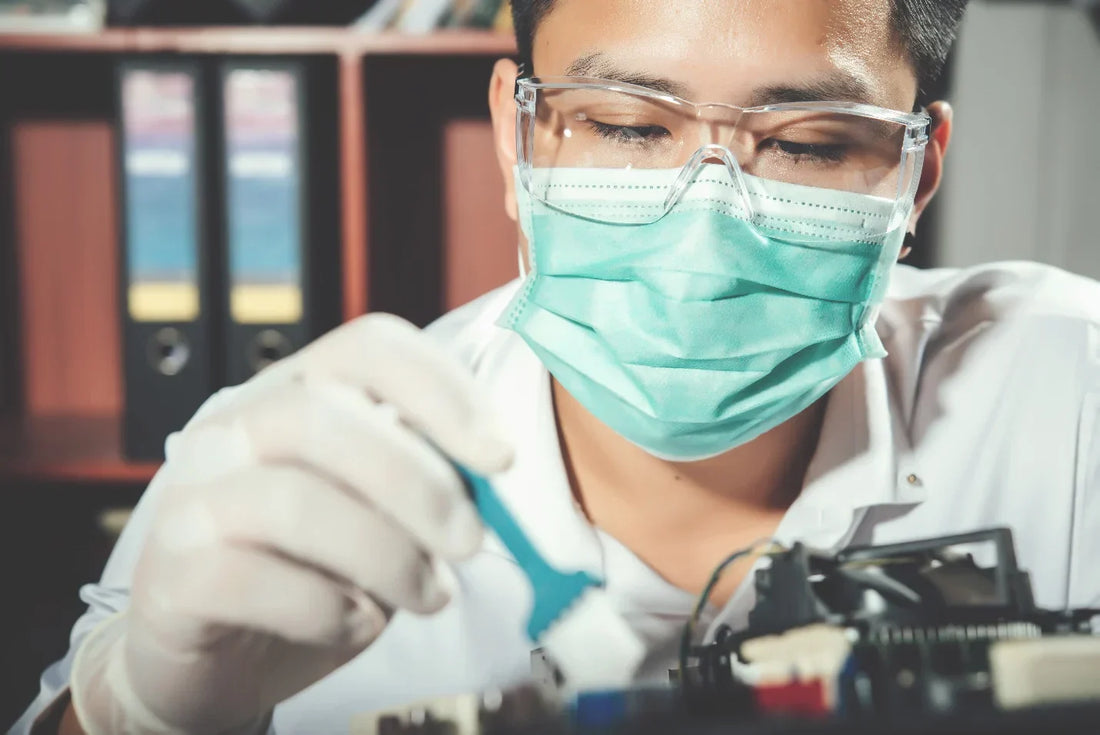Common Issues with Commercial Lab Refrigeration and How to Fix Them Fast!

Summary:
Did you know your lab refrigerator can last 10-15 years with regular maintenance and expert repair services? This article explores common lab refrigerator issues and how to fix them. Don’t wait for an equipment breakdown; read now to protect your workers and research.
Introduction
Laboratory refrigeration systems are critical to research facilities, hospitals, and laboratories. When these systems fail, they can have serious consequences, including compromised experiments, spoiled samples, and even safety risks.
R&D Laboratory Equipment experts examine the common issues with commercial laboratory refrigerator repair and offer practical tips on preventing the problems. Whether you are a lab manager or scientist, this article will improve the functionality of your lab, protect employees, and serve as the foundation for achieving your research goals.
Common Issues with Commercial Lab Refrigeration
By understanding the common issues with refrigeration, you can stay on top of problems before they occur. The common refrigeration issues include:
1. Refrigerant Leaks
The refrigerant keeps your refrigerator at a proper freezing temperature. It ensures that samples, chemicals, and reagents are kept at precise temperatures, preserving their viability and stability.
When refrigerant leaks, your refrigerator will be unable to maintain a consistent temperature, leading to spoiled samples. It also constitutes a safety risk to your employees, causing nausea, headaches, vomiting, and increased heartbeats.
2. Ice Buildup
Ice buildup is a common problem in lab refrigerators. It can be caused by various issues, including a clogged drain line or a problem with evaporator coils. These problems indicate a maintenance issue or seal problem. Either way, they require commercial lab refrigeration repair services.
3. Faulty Compressor
A faulty compressor can make your refrigerator overheat and shut down, leading to downtime and revenue loss. Symptoms that your refrigerator needs quick repair include noisy operation and a sudden temperature rise.
4. Alarm and Monitoring System Issues
Alarm systems alert lab personnel to temperature or humidity fluctuations.
Faulty monitoring systems make it difficult to track temperature, humidity, and other factors that are critical to the safety of personnel, environment, and integrity of research processes.
How to Prevent Common Refrigeration Problems in Labs

All good things must come to an end, including the life of your laboratory refrigerator. Here are some steps that can help you extend the lifespan of your lab refrigerator while also reducing common issues:
1. Regular Cleaning
Refrigerator cleaning starts with removing all items from the unit and storing them in a temporary holding facility. Use a simple cleaning solution (water and soap) to clean both the interior and external components, and remember to dust the condenser coils.
2. Temperature Control
Ensuring adequate temperature control boosts the efficiency of your refrigerators, minimizing unnecessary strain and optimizing energy consumption. It also prevents the accumulation of wear and tear, which can result in safety hazards and equipment breakdown.
3. Proper Organization
With proper organization, you can enable even heating, improving cooling efficiency and reducing energy usage. An organized refrigerator also enhances air circulation and allows easy access to materials.
4. Keep It Full, But Not Overstocked
If your lab refrigerator is overfilled, there's a chance that the stored items will block the air vents, which will reduce air circulation, leading to uneven cooling and forcing the refrigeration system to work harder.
5. Power and Electrical Considerations
Faulty electrical connections can cause a power surge, which damages internal components and causes equipment to fail. You should engage in regular maintenance to maintain the integrity of electrical connections, which will help to keep your laboratory effective and safe.
When to Call for Professional Laboratory Fridge Repair Services

Here are some recommendations to assist you in deciding whether you should contact a professional laboratory refrigerator repair service.
1. Safety Concerns
Safety should be your main priority. If the problem involves electrical components, gas connections, or significant safety hazards, you should contact a professional immediately. Dealing with these challenges without training might result in equipment damage, accidents, injuries, or sample contamination.
2. Warranty Considerations
Original Equipment Manufacturers (OEM) often require repairs to be carried out by authorized technicians to maintain warranty coverage. So, before attempting any laboratory fridge repairs, read the warranty conditions.
3. Complexity of the Issue
Minor problems, such as loose screws, clogged filters, and dusty interior spaces, can be resolved with basic equipment and DIY skills. However, if the problems require extensive technological knowledge, you should contact a commercial lab refrigeration repair service.
The Benefits of Professional Refrigeration Repair for Labs
Hiring a laboratory refrigerator repair service increases the reliability of your equipment. It helps to cut expenses, reduce downtime, and ultimately leads to corporate success. Here are some of the benefits of professional laboratory refrigerator repair:
1. Equipment Reliability
Professional repair makes your equipment more reliable as potential problems are identified and addressed before they become an issue. Repairs are also done to the highest safety and regulatory standards, helping to improve operational efficiency and reliability.
2. Lab Safety
Professional lab refrigerator repair technicians can identify and address potential safety concerns before they become issues or affect your laboratory's functionality. They can also recommend ways to enhance the performance of your equipment, reducing safety risks.
3. Optimizes Energy Consumption
Skilled technicians will not just get your system running again but also improve its efficiency. Professional refrigerator repairs help enhance energy savings, reducing consumption and utility bills.
4. Regulatory Compliance
Engaging skilled repair services ensures that your laboratory equipment satisfies regulatory and industry-specific standards. This can save you from sanctions, fines, and a loss of business reputation.
5. Peace of Mind
Peace of mind is the defining feature of skilled laboratory repair services. Reputable commercial laboratory refrigerator repair providers, such as R&D Laboratory Equipment, provide warranties, providing you with the comfort that the repairs are completed correctly.
Conclusion
Effective laboratory refrigerator repair is critical to the success of any lab research. By understanding the common refrigeration issues and benefits of professional repair, laboratories can ensure optimal system performance, reduce costs, and advance research goals. Contact R&D Laboratory Equipment now for proactive lab maintenance measures.
FAQs
1. What are the most typical problems with laboratory refrigeration equipment?
The most typical problems with lab refrigerators include temperature changes, compressor failure, condenser problems, and alarm and electrical problems.
2. How often should I perform maintenance on my laboratory refrigerator?
You should service your laboratory refrigerator every 6-12 months.
3. What are the consequences of neglecting lab refrigerator repair service?
Neglecting fridge repair and maintenance might result in equipment failure, sample loss, and faulty results.
4. Can I repair my laboratory refrigerator myself?
We do not recommend repairing your refrigerator yourself because it may result in additional damage, safety issues, and a loss of warranty.
5. How do I choose the right contractor for my refrigerator repair?
When selecting a professional for lab refrigerator repair, prioritize experience working with lab equipment, credentials, and positive client feedback.
6. What are the advantages of professional refrigerator repair?
Professional lab refrigerator repair provides the following advantages: dependability, regulatory compliance, cost savings, energy optimization, and increased laboratory safety.
7. How long does a typical lab refrigerator repair take?
Depending on the issue's complexity, a lab refrigerator repair service can take 1-2 days.
8. Where can I get lab refrigerator repair in San Diego?
R&D Laboratory Equipment provides effective repair and maintenance services in San Diego, California.
9. Why should I hire a professional repair service?
Professional refrigerator repair services provide access to professional and experienced specialists, lowering the chance of errors and equipment damage while improving lab safety.
10. How do we prevent common lab refrigerator issues?
Regular maintenance services eliminate the need for frequent and expensive repairs. They also lengthen the life of your equipment, which saves you money on replacements.


